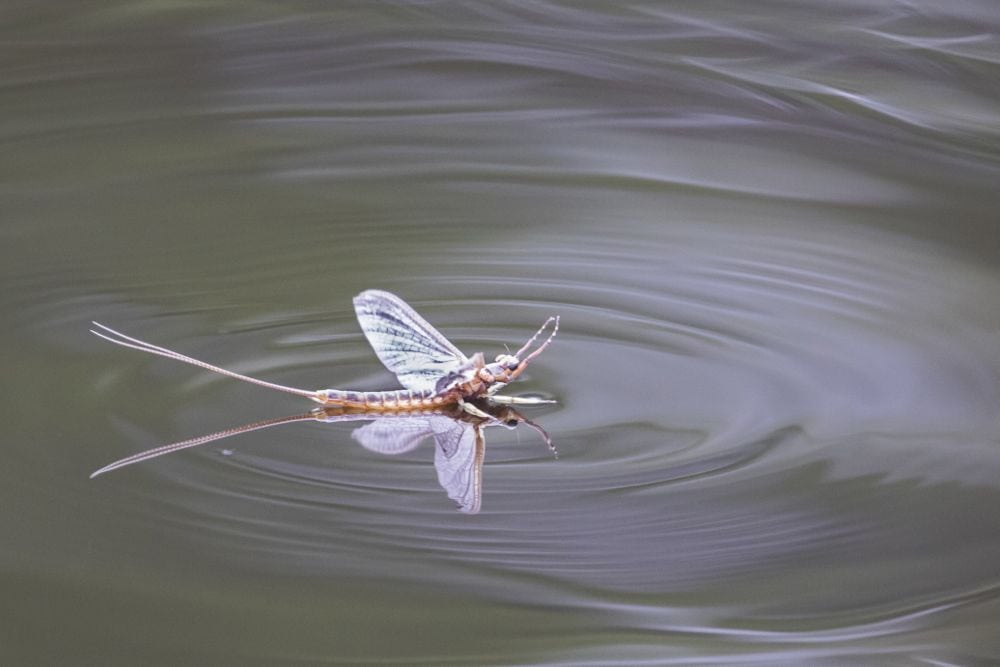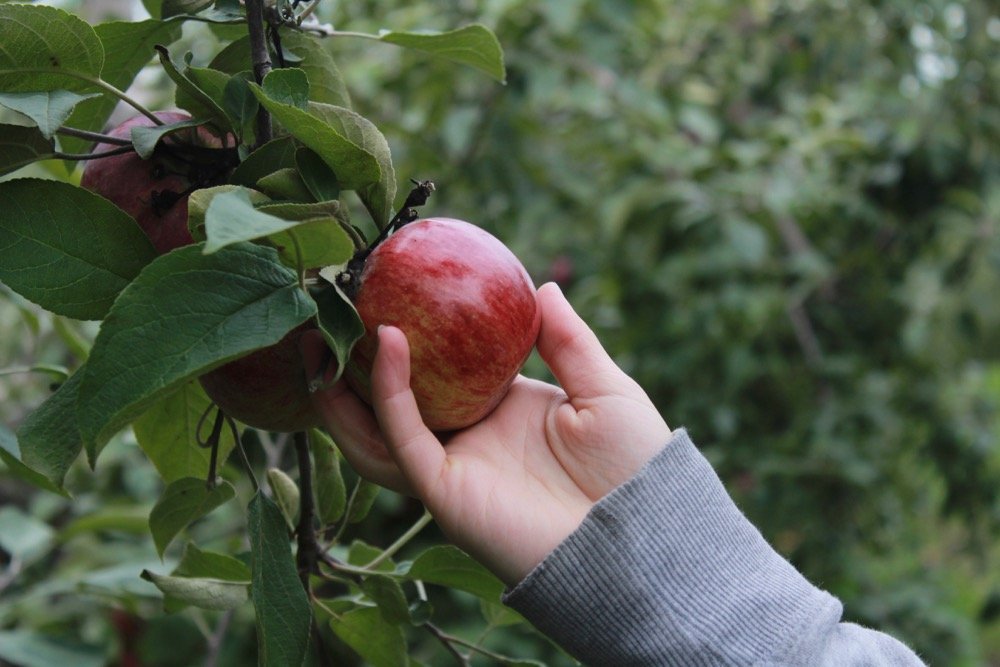The remaining two of the big three neonicotinoid insecticides will be phased out of nearly all on-farm use in Canada in the next few years under a proposal from Health Canada’s Pest Management Regulatory Agency.
PMRA officials on Wednesday announced 90-day consultation periods on its decisions for both clothianidin and thiamethoxam, following “special reviews” which found both substances being measured at levels harmful to aquatic insects.
Read Also

Dryness poised to threaten Saskatchewan crops
Crops in Saskatchewan are developing in opposite directions, the province’s latest crop report said. Growing conditions in the province vary, with some areas receiving enough rain while other locations are experiencing crop stress due to hot, dry conditions.
Clothianidin, under its current conditional registration, is marketed by Bayer in Canada as insecticides and seed treatments under brand names including Poncho, Prosper, Titan and Sepresto and by Nufarm as NipsIt. Thiamethoxam’s conditional registration covers products such as Cruiser and Helix, marketed by Syngenta.
PMRA proposes to cancel all outdoor agricultural and turf uses for clothianidin, and all outdoor (non-greenhouse) agricultural and ornamental uses for thiamethoxam, over three to five years, depending on availability of alternatives.
Scott Kirby, director general of PMRA’s environmental assessment directorate, said on a conference call with reporters Wednesday that most affected products would be phased out over the shorter period as alternatives are available.
Final special review decisions are to be announced at the end of next year, Health Canada said, and “will take into consideration any comments or new information received during the consultation period.”
Special reviews for both neonics were announced in November 2016 in the wake of PMRA’s routine re-evaluation of the third major neonic, imidacloprid, sold mainly by Bayer under brands such as Admire, Gaucho, Concept and Intercept.
Through that re-evaluation, Health Canada said it found imidacloprid being measured at levels harmful to certain aquatic insect populations such as mayflies and midges — a “critical food source” for fish, birds and other animals. The department thus proposed to phase out most uses of imidacloprid over three to five years.
Special reviews, Health Canada said, are launched based on “reasonable grounds to believe that the health or environmental risks, or the value (including effectiveness), of a pesticide is unacceptable.”
An environmental assessment of clothianidin showed that, in aquatic environments in Canada, the product is being measured at concentrations that are harmful to aquatic insects and most outdoor uses of clothianidin in Canada thus are “not sustainable.”
Modelling results from a risk assessment for thiamethoxam showed a “minimal acute risk to freshwater invertebrates” but found exposure on a “chronic basis” poses a risk to those species, Health Canada said.
However, the agency deemed the risks to aquatic invertebrates from greenhouse uses of thiamethoxam to be “acceptable” and plans to allow the chemical’s continued registration for greenhouse uses, “provided wastewater mitigation instructions on product labels are followed.”
For both neonics, PMRA said it will consider any “alternate risk management proposals” put forward during the comment period, “provided that they can achieve acceptable levels in the environment within the same timeframe.”
PMRA had proposed in late 2017 to grant three-year extensions to the registrations for both products, pending the outcome of the special review, while also phasing out certain specific uses of the products to reduce risk to pollinators. Final decisions relating to the pollinator evaluation are expected at the end of this year, Kirby said.
Grain Growers of Canada, in a separate statement Wednesday, said it plans to further review PMRA’s proposed decisions.
Meanwhile, GGC president Jeff Nielsen said, the group is concerned that PMRA’s re-evaluation process “is focused on publishing proposed decisions as fast as possible,” which appears to limit the agency’s ability to ensure “all relevant information” is available.
The focus on speed, he said, also “prevents (PMRA) from engaging farmers so that we can fully understand the issues they raise, which would allow us to provide the PMRA with the information required to refine these decisions.”
Both products “are very important for our growers, and without viable alternatives, the ban will significantly impact the canola sector,” Brian Innes, vice-president of public affairs for the Canola Council of Canada, said in a separate release.
The council, which said it will also “thoroughly review” the PMRA proposal, on Wednesday cited a 2017 study of European growers’ experience without neonics, showing increased risk of insect damage, lower yields and, as a result, fewer canola acres.
“With more than 22 million acres of canola in Canada in 2018, banning these plant protection tools would have a dramatic impact,” the council said.
CropLife Canada, representing the crop protection industry, said it found the PMRA proposal “especially disappointing and confusing to many, given that earlier this year the PMRA released a seemingly contradictory proposed decision validating the safety of both of these products to pollinators as seed treatments, which is one of their primary uses.”
CropLife CEO Pierre Petelle said Wednesday the organization will also review the PMRA’s proposals and data, “correct any misinterpretation of the data and provide comments to address any information gaps identified.”
The Reuters news agency on Wednesday quoted a Syngenta Canada spokesperson as saying the company is disappointed with the decision and believes the PMRA did not consider all relevant information. Reuters also quoted a Bayer spokesperson as saying the company believes clothianidin has a “favourable environmental profile.” — Glacier FarmMedia Network
















